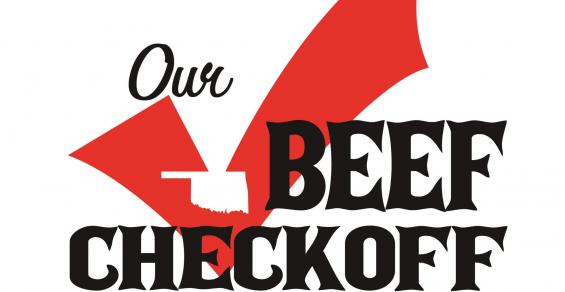After a bitter and contentious pre-vote battle, the Oklahoma Department of Agricutlure, Food and Forestry announced on Wednesday, Nov. 9 that the Oklahoma beef checkoff referendum was voted down, with 2,506 beef producers voting no and 1,998 voting yes.
Officials with the Oklahoma Cattlemen’s Association (OCA), which supported the effort to establish a state-run beef checkoff in addition to the national $1-per-head checkoff, were disappointed. “As a rancher, I face challenges every day,” said Weston Givens, rancher and OCA president. “Unfortunately, those daily challenges are nothing compared to the growing challenges that our industry faces, such as: aggressive anti-meat activist groups trying to remove beef from the menu and misleading claims about food safety and animal care.
“It is disheartening that the Oklahoma beef checkoff was defeated, but I’m still proud of the strong collaborative effort of the Vote Yes Coalition and our grassroots campaign.”
“This is an unfortunate loss for the beef industry here in Oklahoma,” said Michael Kelsey, OCA executive vice president. “Investing in a state-level beef checkoff would have greatly increased the opportunities to market, promote and educate consumers about beef and beef producers. We ran a good campaign that worked hard to reach out and educate beef producers, but ultimately we were defeated today by the same out-of-state activists that defeated State Question 777 last fall.”
Opponents of the Oklahoma referendum, however, were pleased with the outcome. “We were proud to stand with our Oklahoma members to ensure justice was carried out during this election,” said Bill Bullard, CEO for R-CALF USA, “It is good to know that in America, if you stand up for what is right you can still win.”
Oklahoma farmer and Organization for Competitive Markets (OCM) board member Paul Muegge added, “With my years of experience fighting corporate agriculture, I knew we had to stand up to OCA. They are nothing more than the modern day cattle barons trying to ride rough shod over family farmers and ranchers and using our government to do so.”




Leave A Comment